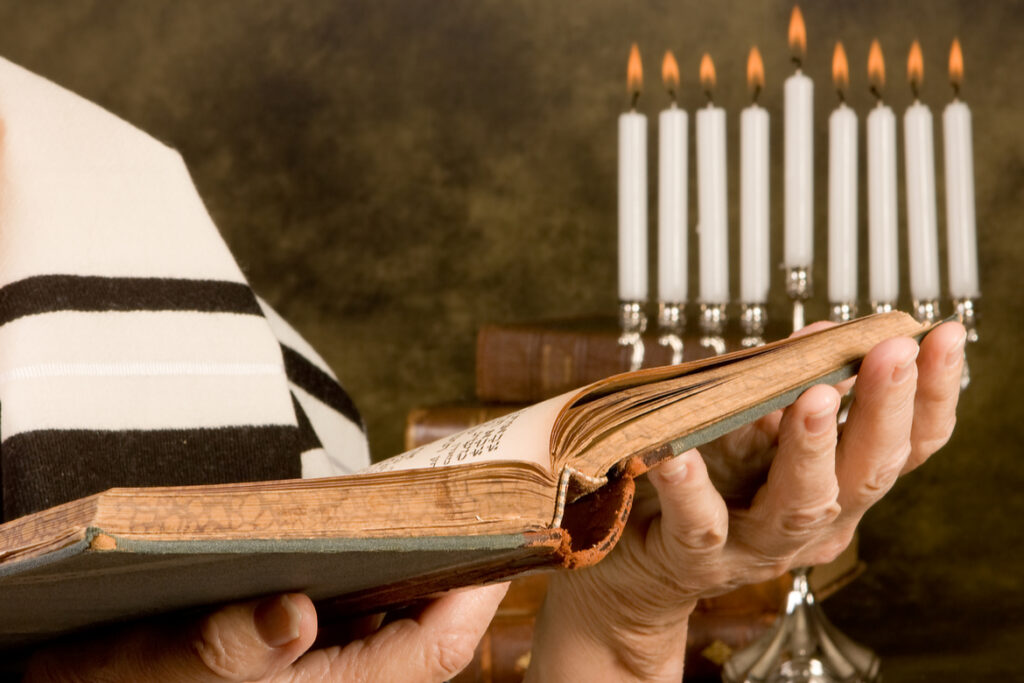The Journey of Life—Guided by the Tzaddik
Based on Likutey Halakhot, Basar b’Chalav 5:7-8
“The days of Yisrael drew close to dying; [Yaakov said to Yosef,] ‘I will lie down with my fathers…’ (Genesis 47:29,30); [Yaakov said to Yosef,] ‘Behold I am dying’ (48:21); [Yaakov] passed away (v.31); Yosef said to his brothers, ‘Behold I am dying’ (50:24); Yosef died at the age of 110…and was placed in a casket” (:26).
Every human being comes into this world to make it a better place by doing good deeds. However, most people don’t get it right—they often make things worse. This is why they undergo reincarnations and suffer in various ways. The primary foundation for improving the world lies in affiliating oneself with a tzaddik who understands the root of every soul. Such a tzaddik knows how to guide each soul, both in life and after death, to help it achieve the maximum daat (Divine awareness) it can receive. This daat is the essential delight of the World to Come. It’s therefore a wise choice to attach yourself to such a tzaddik while you’re still alive—it’s much harder after death (but not impossible).
We see that many people lose their attachment to the tzaddik over time. Some, who were closely connected to the tzaddik for most of their lives, even break away in old age and become opponents—may God save us! The critical part of any journey, including life itself, is the ending. (As they say, “All’s well that ends well.”)
As we grow older, we should grow wiser, refining our spiritual understanding. The closer we get to returning to our spiritual root, the closer we are to achieving our ultimate tikkun (rectification). However, as long as we’re alive, we also struggle with our evil inclination. The more spiritual wisdom and daat one needs to attain, the greater the struggles. Often, those who regress spiritually in their old age have not sufficiently sanctified themselves earlier in life. As a result, they struggle to receive the spiritual wisdom sent their way and, as it were, lose their minds.
Sometimes Divine wisdom and daat come to us in pleasant forms; other times, they come in more challenging ways. Studying the teachings of a tzaddik and affiliating with him provides the tools and vessels needed to receive this wisdom, ensuring that neither the pleasant nor unpleasant aspects distract or overwhelm us.
So, “Don’t trust in yourself until the day you die” (Avot 2:5). “Don’t trust in yourself” means don’t think you can go it alone; we all need the tzaddik’s advice. “Until the day you die” means that to fully absorb the tzaddik’s teachings, you must be willing to “die”—to make sacrifices and even endure shame and humiliation—to maintain your connection with him “until the day you die.”
May God bless us to live well and wisely for a long, long time. Amen.
agutn Shabbos!
Shabbat Shalom!
- 0 comment





















